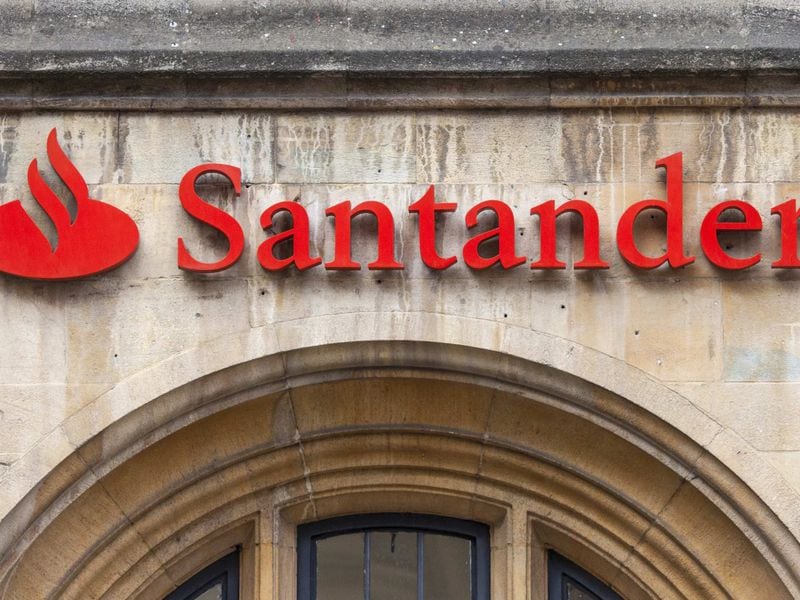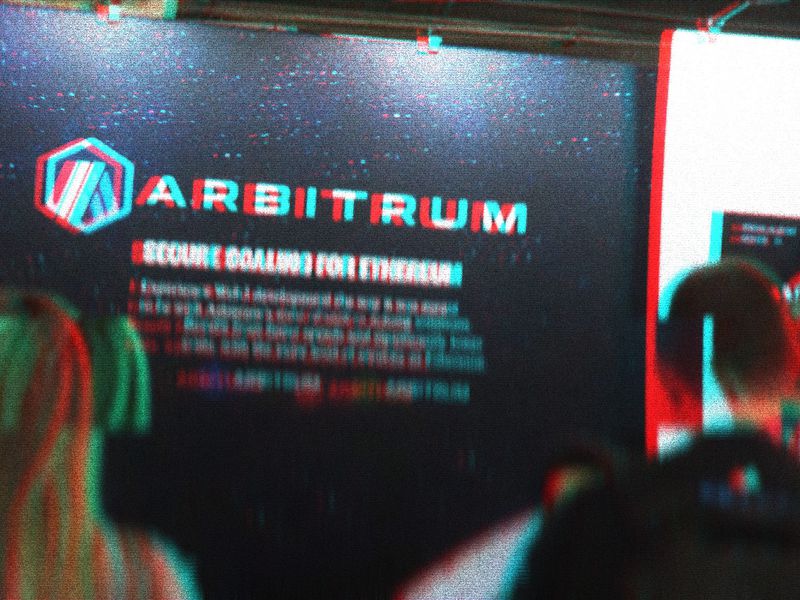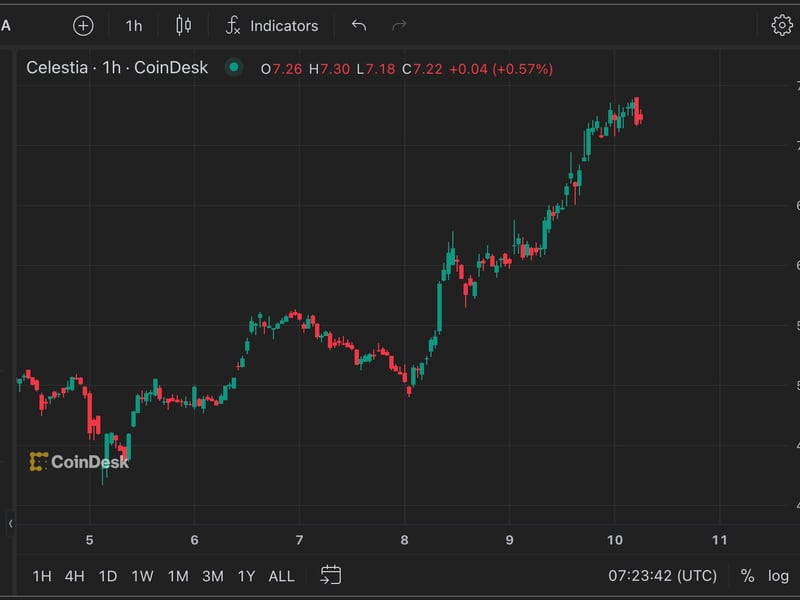Ether Trading at 27% Discount to Fair Value, New Research Shows
-
Ether is trading at a 27% discount to its fair value, according to research firm RxR’s blended Metcalfe law-centric valuation model, which incorporates active user adoption of layer 2 scaling networks.
-
Traditional models that focus exclusively on the active user adoption of the Ethereum layer 1 might be misleading.
Ether (ETH), the native token of the Ethereum blockchain, is trading at a 27% discount to its fair value, according to analysis by RxR, a research-focused joint venture between Republic Crypto and Re7 Capital.
RXR’s fair value projection is based on a blended version of the Metcalfe law, which includes the active user base on the ever-growing Ethereum scaling networks and active users on the Ethereum mainnet to gauge the network’s fair value. Traditional Metcalfe law models tend to focus only on the active user base on the mainnet.
Per the Metcalfe law (ML), the value of the network is directly linked and proportional to the square of the number of users it has. Ether enables users to transact on the Ethereum blockchain, earn interest, and participate in network security through staking, store non-fungible tokens and much more. Thus, ether’s value proposition has long been closely tied to Ethereum’s network usage.
“Ethereum’s network valuation tracks the updated ML index better when the active user base of Ethereum’s scaling networks is factored into the model than when omitted,” Lewis Harland, analyst at RXR, said in the research note published last week.
“The updated model, which does factor in these networks, puts ETH’s valuation at $275 billion (current MCAP trading at a 27% discount), assuming no further user growth in perpetuity,” Harland added.
:format(jpg)/cloudfront-us-east-1.images.arcpublishing.com/coindesk/JWQB6PWL6FCWFE45X6WEVAH4AA.png)
Ether’s market cap looks undervalued compared to the RxR’s ML Blended Model, represented by the red.
It’s more reliable than the while line, representing the traditional ML model, which ignores the increasing activity on the layer 2 networks or offchain solutions built on the top of the mainnet to reduce bottlenecks with scaling and data. In other words, ether is not necessarily overvalued, as the traditional ML Model suggests.
Layer 2 has become one of the most exciting areas in the market, with key protocols finding their niche. Per IntoTheBlock, Coinbase’s BASE has the most unique addresses and transactions, while Arbitrum dominates transaction volume and Optimism is focused on its superchain vision.
In two years, the total value locked in the layer 2 protocols has increased more than tripled to over $9 billion, according to data source L2Beat.
“A key change in April 2021 was when scaling networks started contributing to Ethereum’s blockspace at scale. For example, Curve, Sushiswap, Decentraland, and Aave launched on Polygon (PoS) between April and May 2021 – these collectively drove the total value-bridged to Polygon to $10 billion.” Harland said.
“Fast forward to today and over 250 applications on Ethereum have a total value-locked of >$1m. Nearly 30 layer 2 networks have an aggregate TVL of $10 billion due to the advent of rollup-centric solutions.” Harland added, stressing the importance of incorporating the layer 2 activity in the ML fair value models.
Edited by Parikshit Mishra.









